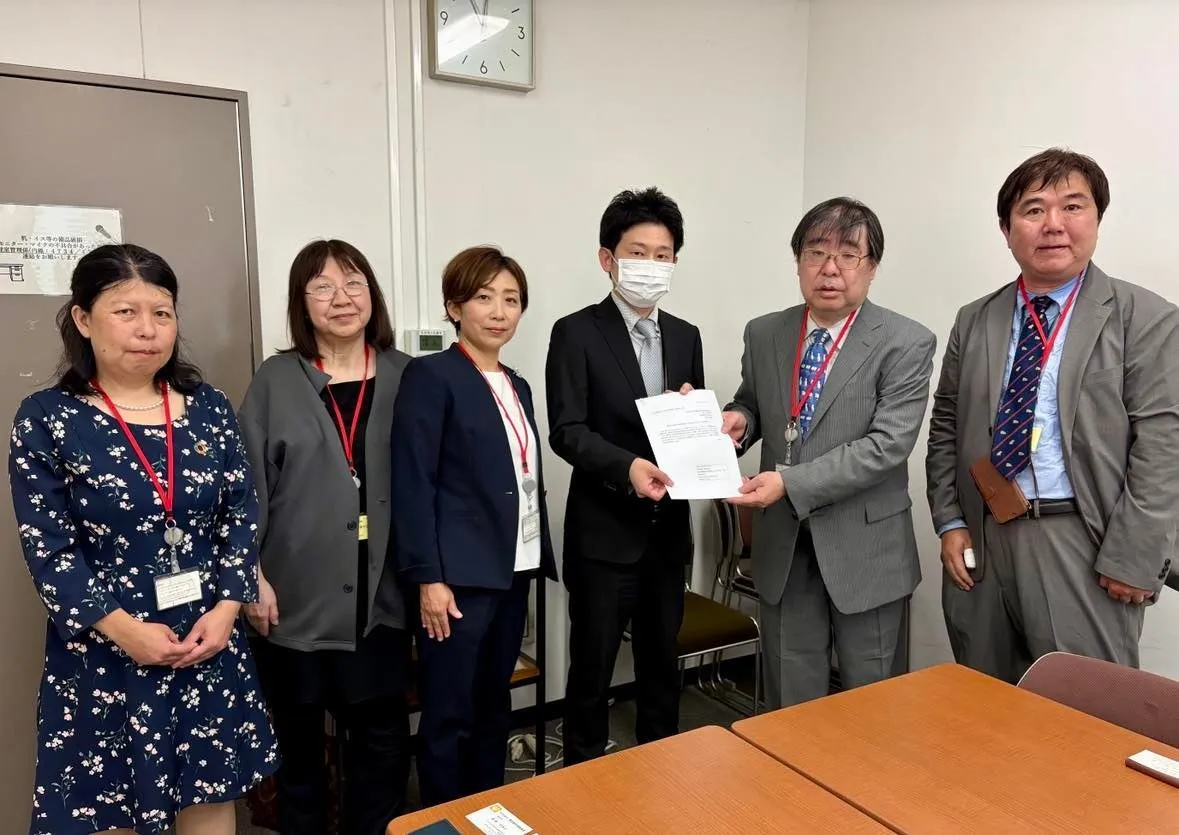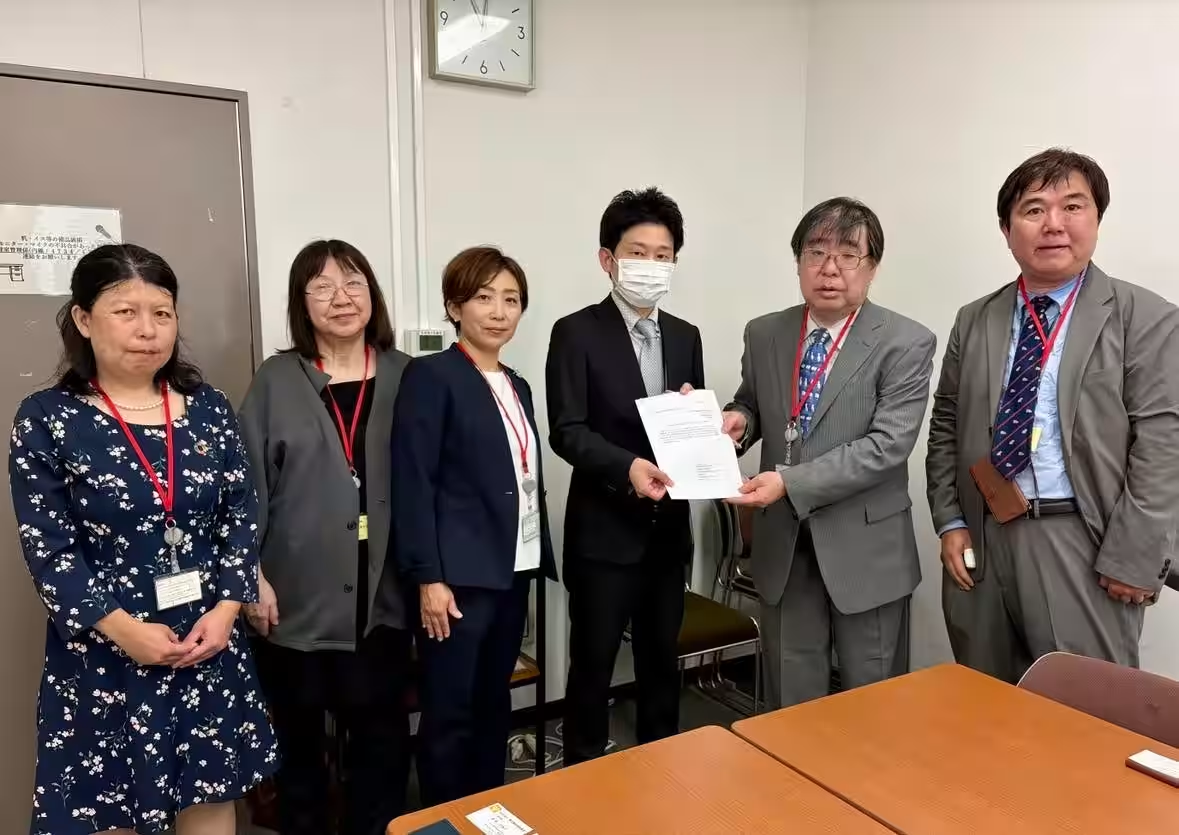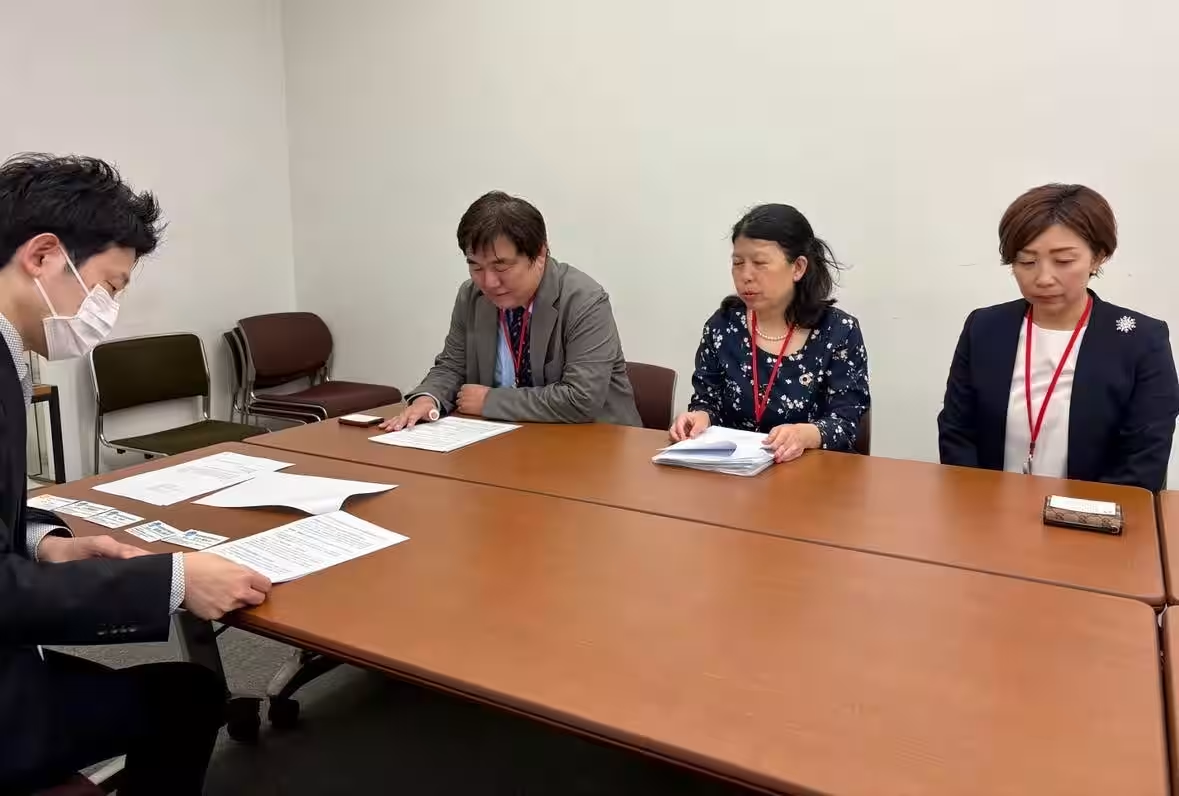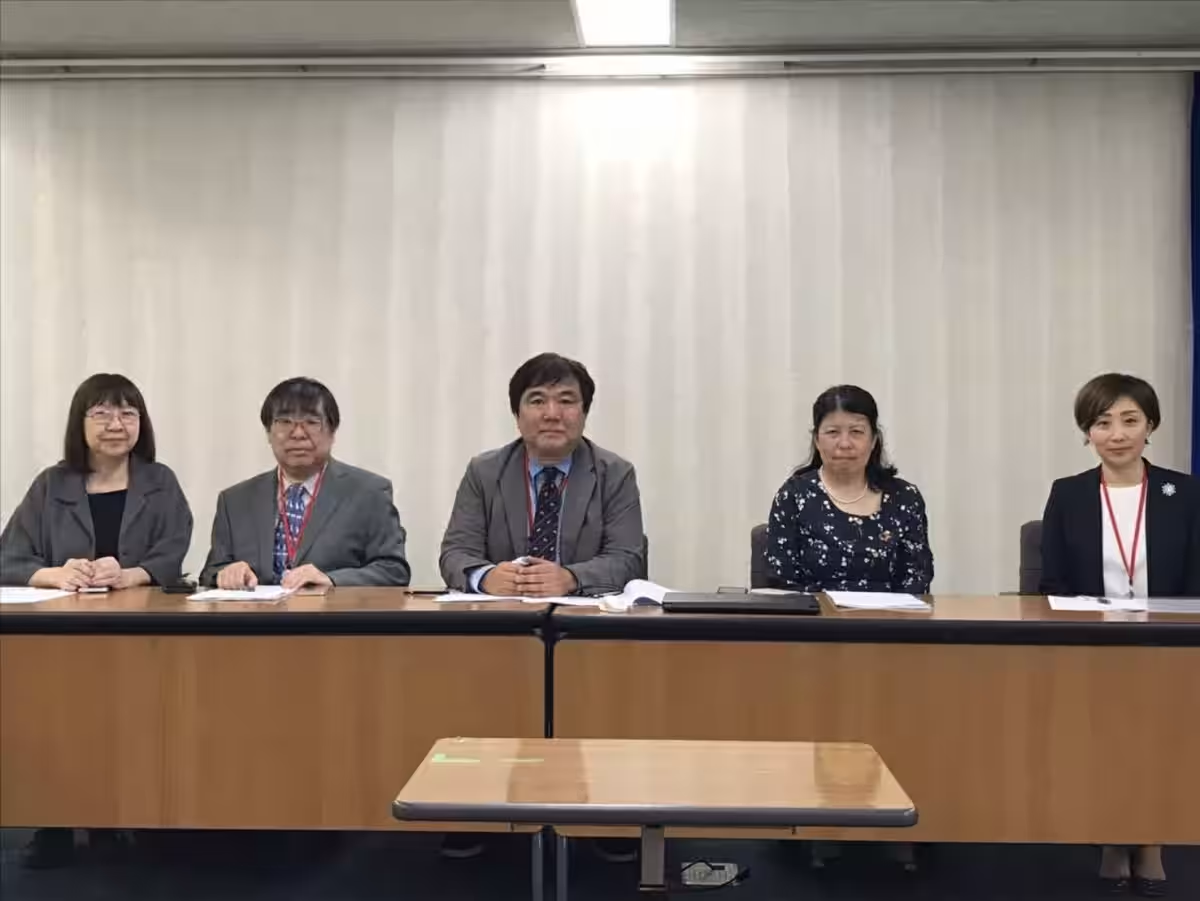

Significant Rise in Disability Pension Denials for Mental and Developmental Disorders in Japan
A Worrying Surge in Disability Pension Denials
On June 11, the Ministry of Health, Labour and Welfare of Japan published a report detailing the status of disability pension certifications for the upcoming fiscal year. This report highlighted an alarming rise in the denial rate of disability pensions specifically for mental, developmental, and intellectual disabilities, which has seen a dramatic increase from 6.4% to 12.1%, indicating a near doubling in just one year. In light of this distressing situation, the Tokyo Autism Association, led by Chairman Masaharu Sugiyama, and the Association for Individuals with Developmental Disabilities, represented by Takahiko Shin, have submitted a joint statement to the Ministry on June 16, demanding urgent reforms and corrective action.
The report's findings are troubling. It reveals that 75.3% of the denied cases were rated lower than the guideline standards set for consideration, raising serious concerns about the fairness and transparency of the certification process. This trend indicates a fundamental flaw within the current system, leading to a significant number of individuals who should rightfully receive pensions being denied their due support.
The Context of Rising Denials
The surge in denials for disability benefits not only represents a statistical anomaly but also a troubling reflection of how individuals with mental and developmental disabilities are perceived and treated within the societal framework. As evidence mounts regarding the need for systemic change, calls for more nuanced and compassionate criteria in evaluating these disabilities grow louder. The current criteria are based predominantly on medical and objective indicators, which may not adequately capture the unique challenges faced by individuals with mental and developmental conditions.
The challenges and struggles that people with conditions such as autism and other developmental disorders experience are often invisible and cannot be fully assessed through medical metrics alone. For many, these disabilities result in substantial social handicaps that the existing pension evaluation system fails to address.
In response to the report, both associations held a press conference where they communicated their concerns about the systemic issues at play. They called for an urgent reassessment of the evaluation criteria that govern disability pensions, emphasizing the importance of recognizing the diverse and individualized needs of affected individuals.
Key Points from the Joint Statement
The joint statement put forth by the Tokyo Autism Association and the Association for Individuals with Developmental Disabilities emphasized several critical points:
1. Need for Transparency and Fairness: The statement calls for clarity in the reasoning behind denials, advocating for the principle that 'when in doubt, it should be in favor of the citizen's benefit.' This is particularly pertinent in cases that directly affect individuals' livelihoods.
2. Reassessment of Evaluation Standards: The necessity to alter outdated recognition criteria that fail to account for contemporary working realities was highlighted. The current system was established in 1959 and does not accommodate the varied ways individuals may engage in employment today.
3. Legal and International Obligations: As outlined in the Basic Law for Persons with Disabilities, the criteria for evaluating disabilities need to incorporate both medical and social models. This aligns with international standards and encompasses the broad impact of disabilities on daily life.
4. Inclusion of Stakeholders: Crucially, both associations are advocating for the establishment of working groups that include people with disabilities, ensuring that the voices of those directly impacted by these policies are heard and addressed adequately in future reforms.
Moving Forward
The joint statement has sparked a necessary dialogue regarding the shortcomings of the current assessment system for disability pensions in Japan. There is an urgent need for the government to act upon these findings to prevent further marginalization of individuals with mental and developmental disabilities. By advancing reforms that consider the unique circumstances of these individuals, a more inclusive and supportive social framework can be constructed.
Ultimately, it is essential for society to recognize that disabilities, particularly developmental and mental disabilities, often come with unique challenges that require flexible, understanding, and compassionate responses from both policymakers and the community. The goal is to create an environment where all individuals with disabilities can live with dignity, dignity that includes access to necessary financial support, empowering them towards hope and self-sufficiency in their lives.



Topics Policy & Public Interest)










【About Using Articles】
You can freely use the title and article content by linking to the page where the article is posted.
※ Images cannot be used.
【About Links】
Links are free to use.